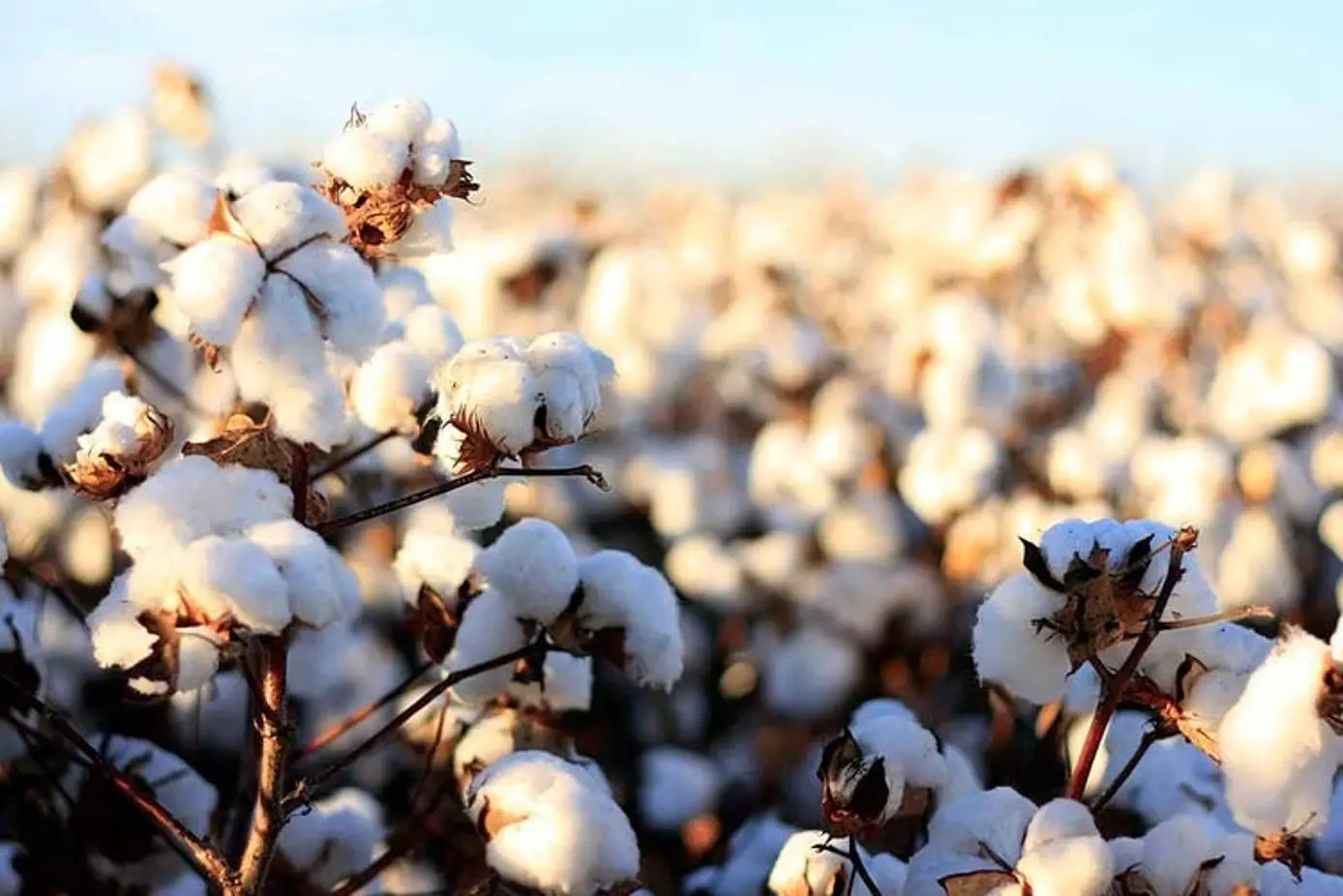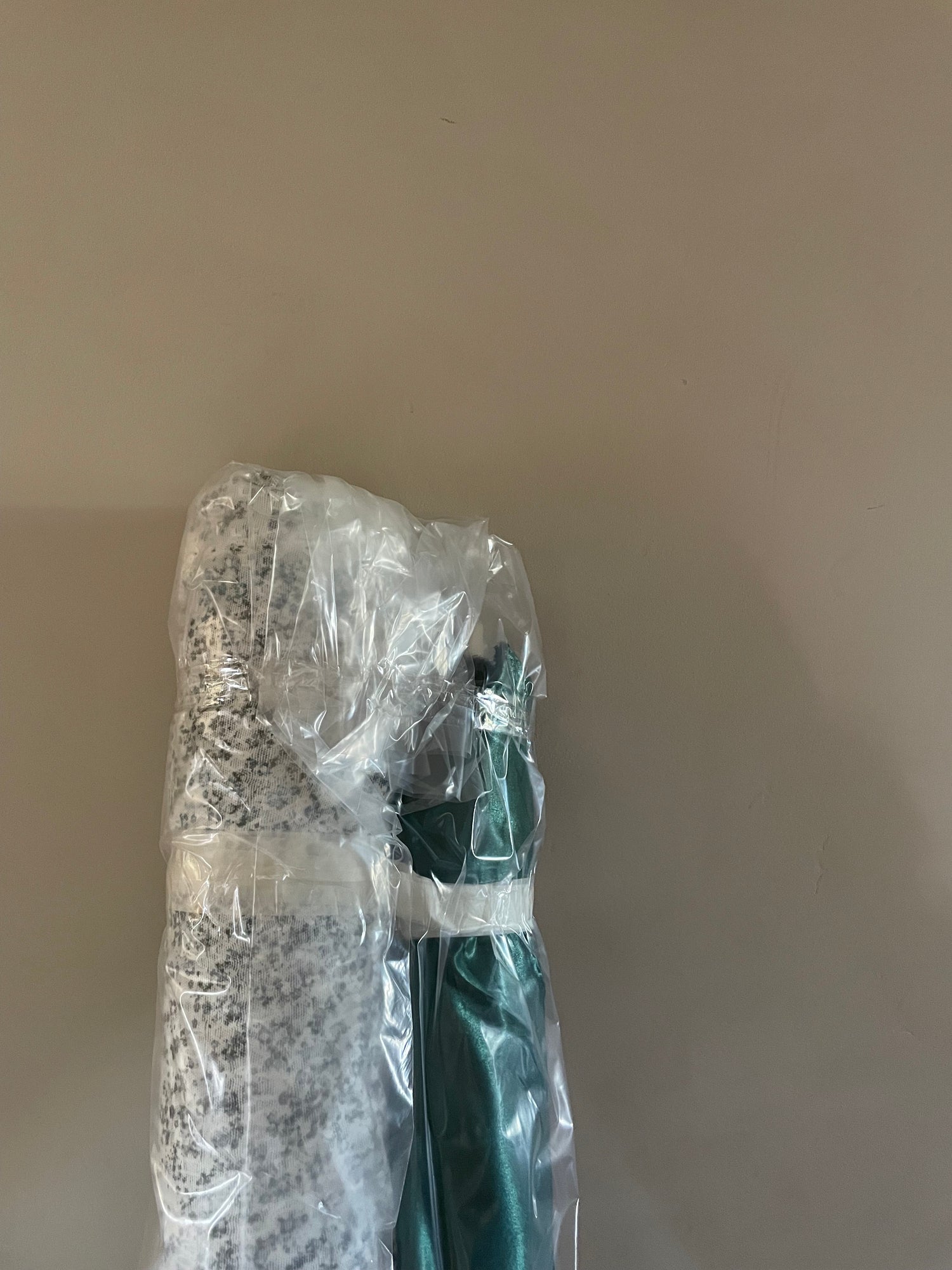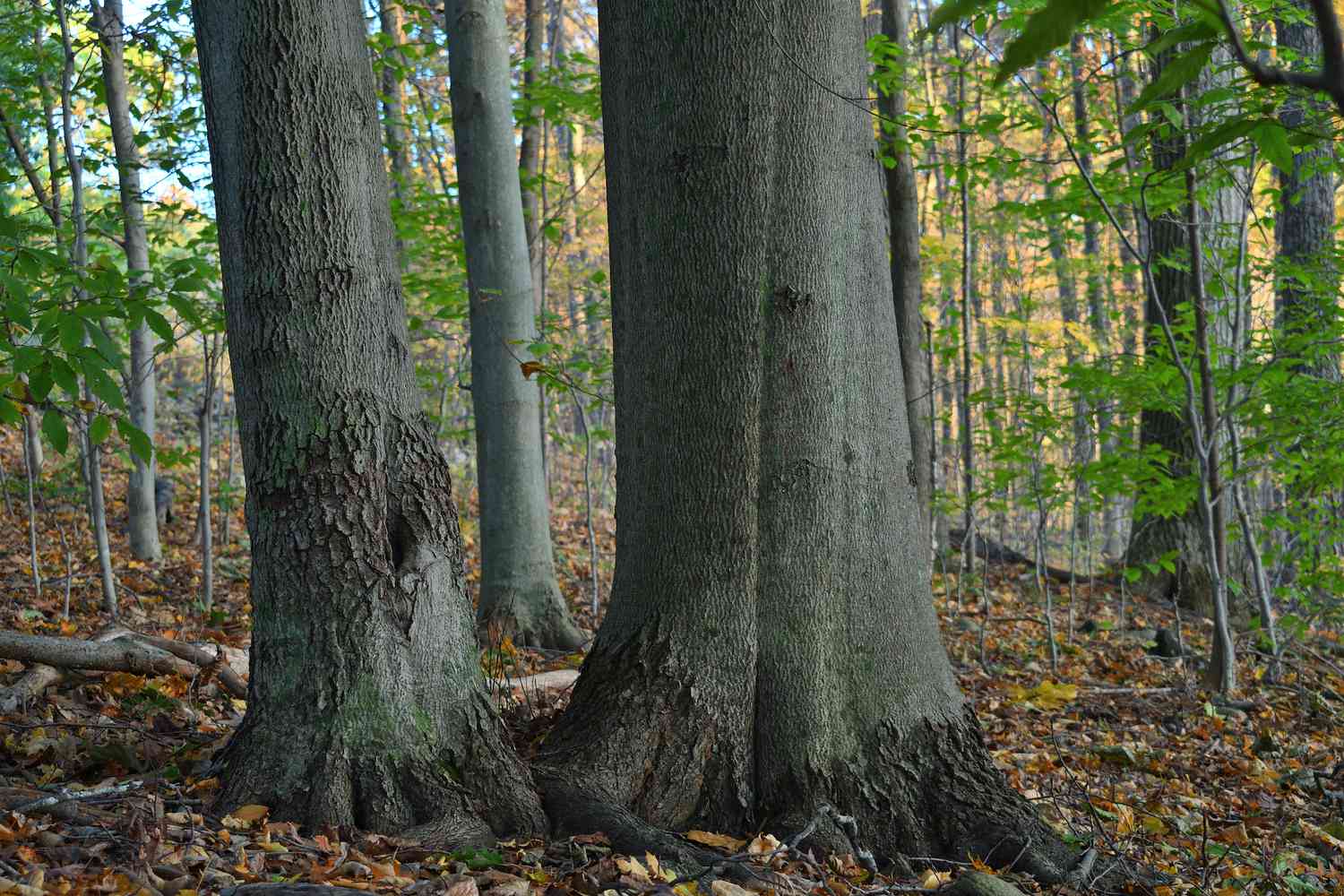Fabrics & Fibres

Organic Cotton
Organic cotton uses 71% less water than conventional cotton farming.
It doesn't use any harmful pesticides, insecticides or genetically modified seeds - this means cleaner air, cleaner water, and better biodiversity.
It promotes and supports better livelihoods for farmers. There is a minimum living wage in place and they are not exposed to toxic chemicals.
It's a natural fibre so does not produce microplastics when washed. These pollute the oceans and are harmful to both animals and humans.
Organisations like the Global Organic Textile Standard (GOTS) certify and regulate its production so we can be sure it's as environmentally friendly as possible.

Deadstock Fabric
Fashion makes up 8-10% of global carbon emissions per year, most of which comes from fabric production. By using deadstock fabric we are eliminating need for fabric production and therefore lowering carbon emissions. This fabric is left over from large fashion houses who either ordered too much stock or discarded fabric that was misprinted. We make use of this fabric that would otherwise end up in landfill and keep it in circulation for years to come.

Tencel Modal
Tencel is possibly the GOAT of all sustainable fabrics. Made from the pulp of Beech trees, Tencel is 100% biodegradable and thus not only recyclable, but is also made using processes that are not harmful to the environment. Not only that but it provides many benefits as a fabric such as:
- More breathable than cotton
- Softer than cotton
- Kind to sensitive skin
- Doesn't crinkle or crease
- Great at retaining its colour fastness
